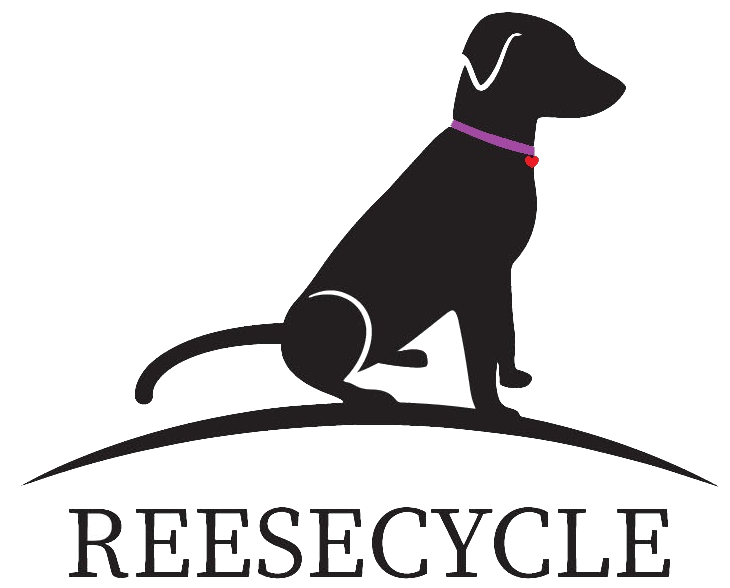Donor Promise Policy
Reesecycle Donor Promise Policy
Reesecycle and the staff members of the Development and Community Relations departments subscribe and adhere to our Donor Privacy Policy, the Donor Bill of Rights, and our policy regarding the Storage of Donor Information.
Donor Privacy Policy
We will not sell, share, or trade our donors’ names or personal information with any other entity, nor send mailings to our donors on behalf of other organizations. This Donor Privacy Policy applies to all information received by Reesecycle, both online and offline, on any platform*, as well as any electronic, written, or verbal communications.
*“Platform” includes the Reesecycle website, mobile applications, social media, and Reesecycle-associated linked sites, as well as any electronic, written, or verbal communications.
Storage of Donor Information
Donor information is stored and managed in the Reesecycle Development Department’s database. We permit only authorized employees, who are trained in the proper handling of donor information, to have access to this information. Employees who violate our Donor Promise will be subject to our standard disciplinary process.
The Donor Bill of Rights
The Donor Bill of Rights was created by the American Association of Fundraising Counsel (AAFRC—now known as the Giving Institute), the Association for Healthcare Philanthropy (AHP), the Association of Fundraising Professionals (AFP), and the Council for Advancement and Support of Education (CASE). It has been endorsed by numerous organizations.
Philanthropy is based on voluntary action for the common good. It is a tradition of giving and sharing that is essential to the quality of life. To ensure that philanthropy merits the respect and trust of the general public, and that donors and prospective donors can have full confidence in the nonprofit organizations and causes they are asked to support, Reesecycle declares that all donors have these rights:
- To be informed of the organization’s mission, the way the organization intends to use donated resources, and its capacity to use donations effectively for their intended purposes.
- To be informed of the identity of those serving on the organization’s governing board, and to expect the board to exercise prudent judgment in its stewardship responsibilities.
- To have access to the organization’s most recent financial statements.
- To be assured their gifts will be used for the purposes for which they were given.
- To receive appropriate acknowledgment and recognition.
- To be assured that information about their donation is handled with respect and with confidentiality to the extent provided by law.
- To expect that all relationships with individuals representing organizations of interest to the donor will be professional in nature.
- To be informed whether those seeking donations are volunteers, employees of the organization, or hired solicitors.
- To have the opportunity for their names to be deleted from mailing lists that an organization may intend to share.
- To feel free to ask questions when making a donation and to receive prompt, truthful, and forthright answers.
https://afpglobal.org/sites/default/files/attachments/2018-10/DonorBillofRights.pdf
